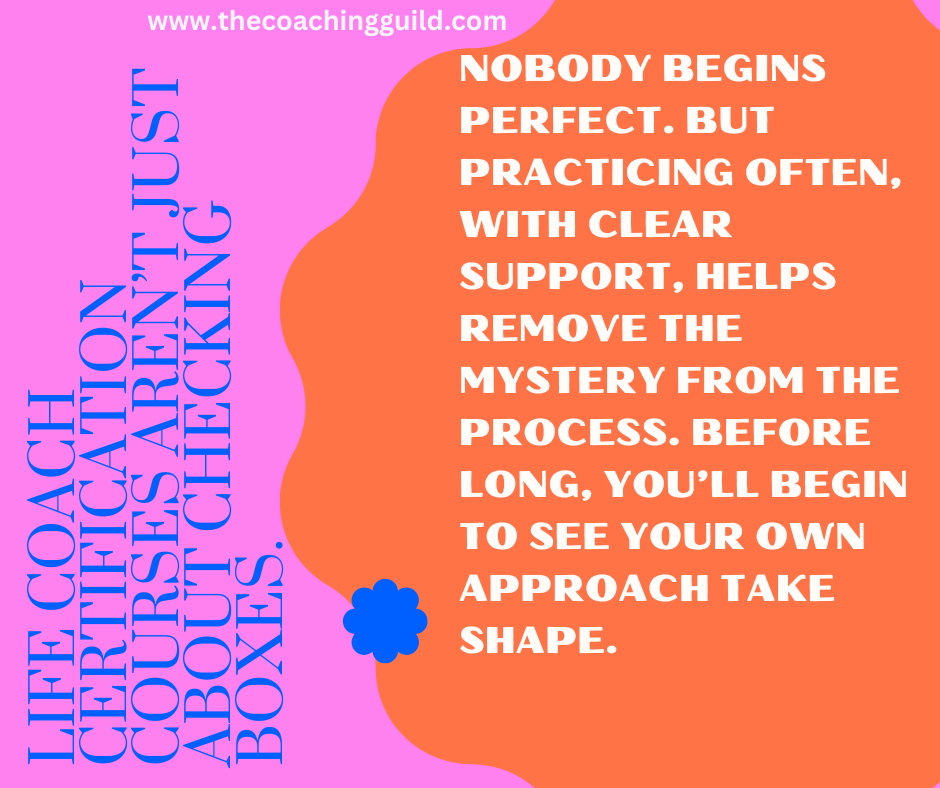It's Never Been Easier to Build a Coaching Practice
The virtual tools of the trade of big business are on the table for everyone.
Almost everyone who thinks about becoming a coach has serious concerns about whether or not they will find enough consistent clients. However, marketing a coach training program has never been easier, thanks to the proliferation of digital marketing tools and strategies.
One key factor that has made it easier to market a coach training program is the rise of social media. Platforms like Facebook, Instagram, and LinkedIn allow coaches to reach a large and targeted audience quickly and easily. These platforms also offer a range of advertising options, from sponsored posts to targeted ads, which can help coaches reach the right people at the right time.
Another factor that has made it easier to market a coach training program is the availability of online marketing tools. From email marketing software to marketing automation tools, numerous options are now available to help coaches reach their audience and drive engagement. These tools can help coaches build their email lists, send targeted messages, and track the success of their marketing efforts.
Social media and online marketing tools, the proliferation of online content, has also made it easier to market a coaching practice. Blogging, podcasting, and creating videos can help coaches establish their expertise and reach a wider audience. By creating valuable and informative content, coaches can attract potential clients and demonstrate the value of their training program.
At The Coaching Guild, we teach new coaches how to be the best coaches they can be. We also teach them how to leverage a digital marketplace to make it possible to grow their businesses organically in a digital world. The Coaching Guild wants our students to thrive. Without marketing skills, they will not. So, the instructors at The Coaching Guild always have their eye on what it will take a new coach to succeed at marketing.
The rise of social media, online marketing tools, online content, and online learning has made it easier than ever to market a coaching practice. By leveraging these resources, coaches can reach a wider audience and deliver their training to students all around the world.
The Coaching Guild offers a comprehensive coach training program to help individuals become certified coaches.
Our program is designed to teach the skills and knowledge necessary to succeed in the coaching industry. We cover a wide range of topics, including brain science, behavioral science, identity shifting, science based deliberate creation, and more. Additionally, our we teach organic sales and marketing skills every step of the way so our students have the tools they need to succeed. We believe that with the right training, anyone can become a successful coach. Join The Coaching Guild and start your journey to becoming a certified coach today.


